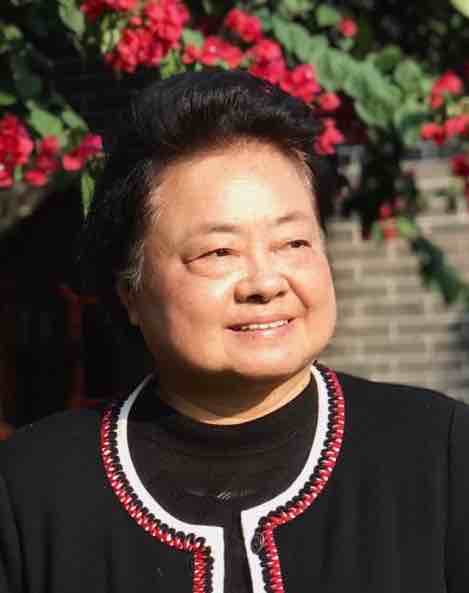
Jing Zhou
Education
East China Normal University
jzhouc@gmail.com
website

|
Jing Zhou Education East China Normal University jzhouc@gmail.com website |
| Participants: | 140 |
| Type of Study: | naturalistic |
| Location: | China |
| Media type: | no longer available |
| DOI: | doi:10.21415/T5M59S |
Li, X.Y. & Zhou, J. (2004). The Effects of Pragmatic Skills of Mothers with Different Education on Children’s Pragmatic Development. Master’s Thesis. Nanjing Normal University. Shanghai, China.
李晓燕 & 周兢. (2004). 不同教育背景母亲的语言运用对儿童语用的影响. 硕士学位论文. 南京:南京师范大学.
In accordance with TalkBank rules, any use of data from this corpus must be accompanied by at least one of the above references.
This cross-sectional research was based on project of “Pragmatic Development of Children Speaking Mandarin Chinese”. 140 normal developing children were divided into seven age group, 36mon, 42mon, 48mon, 54mon, 60mon, 66mon, and 72mon, with 20 each group. Within each group, 10 was from high SES (with the similar work class and educational background) and 10 from low SES (the SES data was not available for now because the old data version of SPSS could not be open by now). There were equal numbers of girls and boys.
According to the basic principles of the Harvard study, we arranged for the mother-child interactions in the present research to take place in the children's own kindergarten classrooms, first, because it was easier for parents and children to come and go and second, because it was easier for the children to warm up and participate in the interactions.
We videotaped each mother- child pair using a camera located in one corner of the room and operated by remote control. The investigator was in the room but was not involved in the conversation between mother and child. There was a warm-up period (10min) at the beginning, during which the parents and children were in the room with a collection of toys and the mother was instructed to let her child become accustomed to the setting. After the warm-up period, there was a semi-structured play period. Mother played with her child using the contents of four boxes. The four boxes contained:
Parents were not instructed how long should be spent on each box but were asked to have only one box open at a time and to try to get to all four boxes in about 10 minutes. In fact, sessions were only terminated when the parent tried to engage the child in all four activities at once. All the videotaped session lasted for about 20 minutes.
If you have any questions, please contact Yibin Zhang as coordinator of Zhou Corpus via email at zyb_1989@outlook.com.